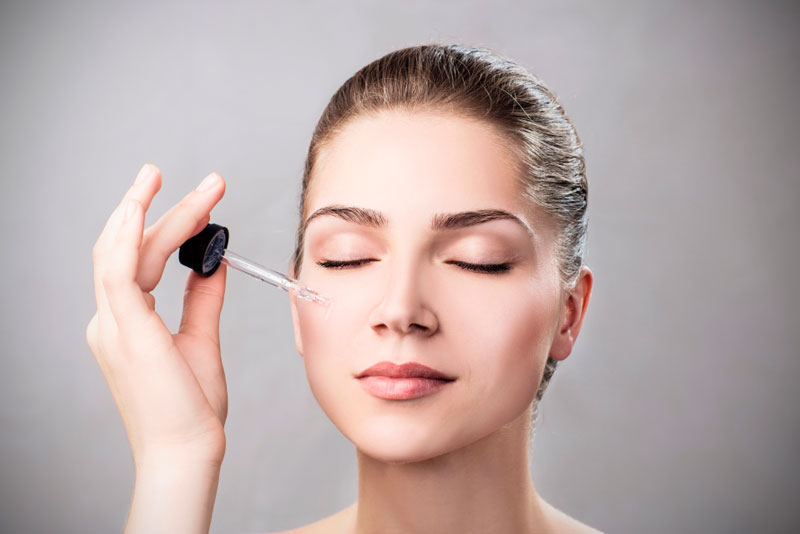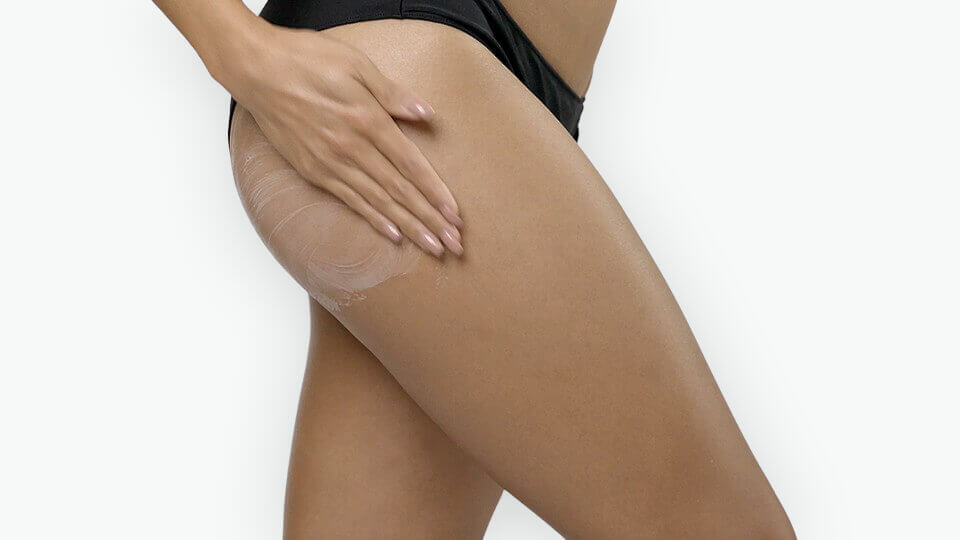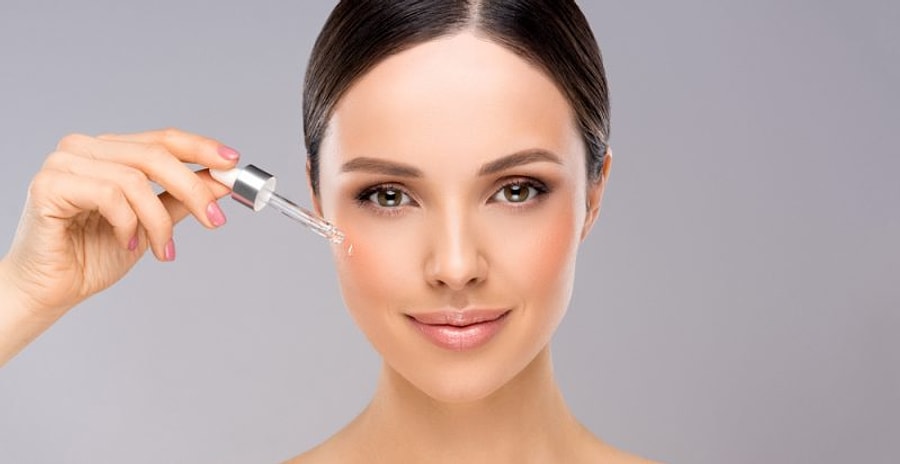Rejuvenate Your Skin: Face Serum For Anti Aging

Our skin changes with age; one of the most obvious results is the slow loss of suppleness, the development of fine lines, and the appearance of wrinkles. Although aging is inevitable, there are methods to keep looking young and revitalize your skin. Including a premium face serum into your skincare regimen is one of the best ways to fight the symptoms of aging. The advantages of face serums for anti-aging, their working mechanism, and the ingredients to search for when selecting the correct serum for your skin will be discussed in this article.
Understanding Face Serums For Anti-Aging
Lightweight, fast-absorbing liquids known as face serums immediately supply concentrated active substances to the skin. Unlike most moisturizers, which are usually thicker and meant to hydrate the surface of the skin, serums are made to target particular skin problems like symptoms of aging by penetrating deeper layers of the skin. Face serums can help minimize the appearance of fine lines, age spots, and wrinkles when applied regularly, so smoothing, firm, and more radiant your skin will look.
Many times loaded with strong components that interact to target the several elements causing skin aging—such as decreased collagen formation, environmental damage, and dehydration—serums All of which are vital for preserving a young complexion, these components can boost collagen formation, increase cell turnover, and guard the skin from more damage.
Key Ingredients In Anti-Aging Face Serums
Choose a face serum for anti-aging based on the components that will most suit your skin type and problems. Commonly present in anti-aging face serums, these are some of the most powerful components:
Vitamin C
Strong antioxidant vitamin C helps shield the skin from UV light and pollution-induced free radical damage. Maintaining the elasticity and firmness of the skin depends on collagen generation, thus it also boosts this production. Frequent usage of vitamin C serums can help to improve general skin texture, lighten the complexion, and lessen the look of dark spots.
Retinol
One of the most well-known components in fight against aging is retinol, a type of vitamin A. It encourages cell turnover, therefore shedding dead skin cells and exposing younger, more radiant skin. Retinol can improve skin texture and tone while lessening the look of fine lines, wrinkles, and age spots. Retinol can be strong, hence it's important to start with a lesser dose and progressively boost use to prevent irritation.
Hyaluronic Acid
One naturally occurring element in the skin that aids in moisture retention is hyaluronic acid. Our skin loses moisture retention as we age, which causes dryness and fine line development. Serums containing hyaluronic acid moisturize the skin, plumping it and therefore lessening the appearance of wrinkles. Any anti-aging skincare regimen should also include this since it helps increase skin suppleness.
Peptides
Essential for preserving skin structure and elasticity, peptides are short sequences of amino acids that boost collagen and elastin synthesis. The slowing down of this protein synthesis as we age results in wrinkles and drooping. By increasing collagen creation and enhancing skin texture, peptide-rich serums can assist to create firmer, smoother skin.
Niacinamide
One flexible element with several advantages for aging skin is niacinamide, sometimes referred to as vitamin B3. It increases skin suppleness and helps to improve the natural barrier of the skin, therefore lowering moisture loss. For those with sensitive or acne-prone skin, niacinamide also helps lower redness, irritation, and the appearance of pores.
Alpha Hydroxy Acids (AHAs)
Exfoliants that help eliminate dead skin cells, alpha hydroxy acids (AHAs) include lactic acid and glycolic acid aid to produce smoother, brighter skin. Reducing the look of fine lines and age spots depends on cell turnover, which regular exfoliation promotes. AHAs also enhance skin tone and texture, so giving the skin a more young glow.
How To Use Face Serums For Maximum Anti-Aging Benefits?
Using your face serum appropriately and often can help you to get the best effects. These ideas help you include a face serum into your skincare regimen:
Cleanse Your Skin
To start, gently clean your skin with a mild cleanser to get dirt, oil, and toxins out. This guarantees that the serum may efficiently pass through the skin and provide its active components where most needed.
Apply the Serum
Cleanse, then dab a few drops of the serum on your face and neck. Work it gently, upwardly, into the skin. Steer clear of twisting or pushing on the skin since this over time helps wrinkles develop.
Layer with Moisturizer
Use a moisturizer to lock in hydration and maximize the effects of the serum once it has absorbed into the skin. Maintaining young skin depends on extra hydration, which a good moisturizer can supply and help seal in the active components.
Use Sunscreen
Any anti-aging skincare regimen has to start with sunscreen. One of the main causes of early aging is UV damage, hence broad-spectrum sunscreen with an SPF of at least 30 is absolutely necessary to shield your skin from damaging UV rays.
Conclusion
Any anti-aging skincare regimen should include face serums absolutely necessary. Full of strong active components including vitamin C, retinol, hyaluronic acid, peptides, and niacinamide, these serums can help your skin look younger by lessening fine lines, wrinkles, and age spots. Using the correct serum for your skin type and issues and regularly will help you to get smoother, firmer, and more youthful-looking skin. Recall that the secret to anti-aging skincare is not only about choosing the correct products but also about keeping a regular schedule and shielding your skin from more harm with sunscreen. Your skin will be rejuvenated and you will age gracefully with the correct method.






